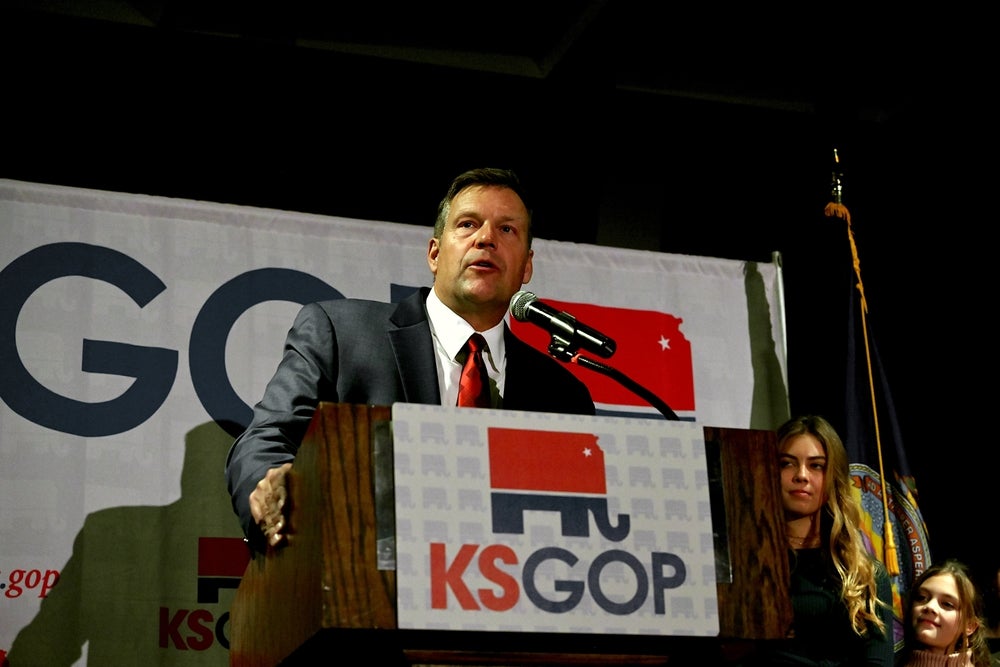‘Political de-banking’ is becoming an increasingly common theme across the banking industry, especially as 64 countries are expected to head to the polls in 2024. Right now, it is Bank of America (BoA) that is facing allegations of ‘discriminatory’ de-banking.
In April 2024, the bank received an open letter from Kansas Attorney General (AG) Kris Kobach, who argued that BoA has been de-banking customers based on their political and religious beliefs without clear explanation or warning. The letter was co-signed by AGs across an additional 14 Republican states.
The letter claims that Christian groups and individuals who align with certain political beliefs are being discriminated against by the bank. Deeming it ‘un-American,’ AG Kobach claims BoA’s actions are a threat to free speech and religious freedom and has asked the bank to show regulatory transparency to ensure this alleged practice does not continue. However, BoA has denied any claims of de-banking.
The NatWest/Farage de-banking scandal
It was not long ago that the UK had its own a de-banking scandal, with NatWest and Coutts finding themselves defending their decision to de-bank political figure Nigel Farage. Shortcomings were underlined by the bank’s internal investigation in regard to communication and transparency between NatWest/Coutts and Farage.
With increasing emphasis surrounding financial inclusion in recent years, banks have been going to great efforts to offer services and products that cater to people from all walks of life. Additionally, banks have become more sensitive to their regulatory requirements, arguably taking ardent approaches to risk out of fear of being non-compliant. As a consequence of this, in February 2024 the UK Treasury Committee reported that in 2023, 140,000 business accounts held by SMEs were closed by major banks. This highlights that de-banking is more than a politicalised media story but a practice that is taking place across the industry at an increasingly rapid rate.
Regulators are scrambling to control de-banking before it escalates further. A de-banking debate arose in Australia in August 2021, when Beyond Bank attempted to de-bank registered charity Human Appeal International Australia. In response, Australia’s financial intelligence unit and anti-money laundering/countering terrorist financing regulator released new de-banking guidance in June 2023. This provides banks with a clearer layout on how to create a fairer and more transparent de-banking process.

US Tariffs are shifting - will you react or anticipate?
Don’t let policy changes catch you off guard. Stay proactive with real-time data and expert analysis.
By GlobalDataUK government proposes de-banking legislation
Additionally, the UK government has proposed new legislation that would require banks and payment firms to give 90 days’ notice with a “sufficiently detailed and specific explanation.” It is becoming ever more important for banks to adhere to new regulatory guidance and be as transparent as they can about de-banking if they want to continue building more enhanced bank-customer relationships and reduce the politicalisation of their retail banking businesses.
Therefore, BoA should take the opportunity to be upfront about its de-banking policies and lead a path for other banks in the US to do the same. Increasing transparency will only benefit BoA, particularly if it wishes to avoid bearing the brunt of another political fallout.
Phoebe Hodgson is an associate analyst, banking and payments, GlobalData









